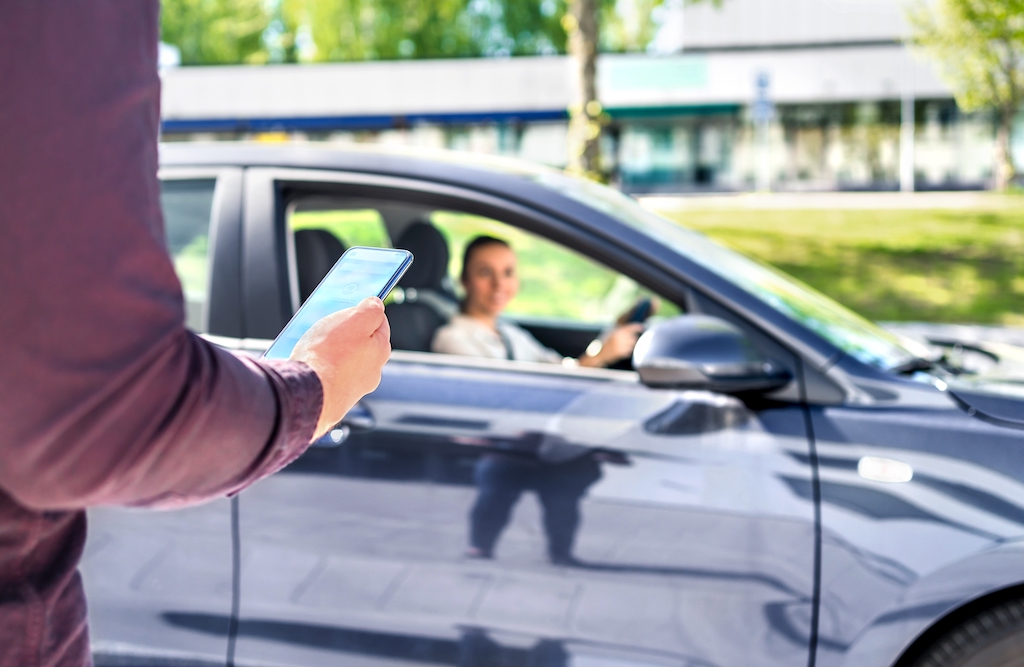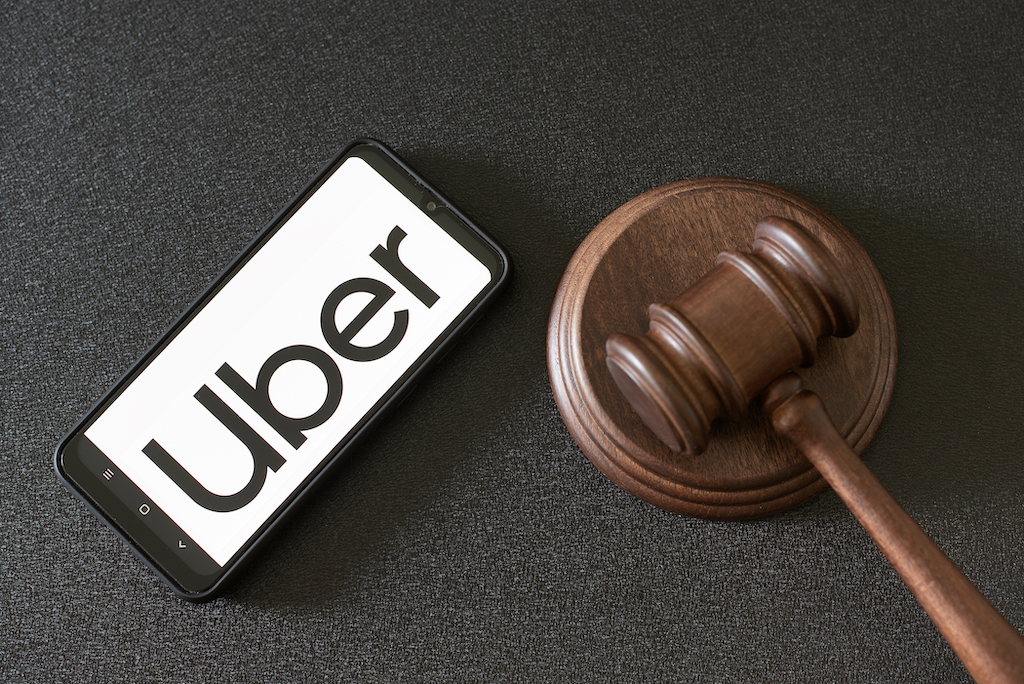In today’s world of convenience, rideshare services like Uber and Lyft have become essential for daily transportation. However, this convenience comes with its own set of complexities, particularly when determining fault and liability in the event of an accident involving a rideshare vehicle. Legal expert Yosi Yahoudai, Esq., founder and managing partner of J&Y Law, provides valuable insights into the critical aspects of rideshare accident liability and the importance of understanding compensation structures to ensure fair outcomes.
 Photo Credit: Shutterstock
Photo Credit: Shutterstock
Fault determination in rideshare accidents involves several key steps:
Police Report: A crucial document that outlines the incident and parties involved.
Witness Statements: Testimonies that can corroborate the sequence of events.
Driver Statements: Accounts from the drivers involved, providing their perspective.
Physical Evidence: Material evidence from the scene, including vehicle damage.
Traffic Laws: Legal guidelines that help establish violations leading to the accident.
Surveillance Footage: Video evidence that can provide clear insights into the accident.
Unique considerations in these accidents include the rideshare driver’s status at the time of the accident. Rideshare companies categorize this status into three periods:
Period 1: Logged into the app but not on a ride.
Period 2: En route to pick up a passenger.
Period 3: Passenger in the vehicle.
Each period affects liability and insurance coverage differently, making it essential to determine the driver’s status accurately.
 Photo Credit: Shutterstock
Photo Credit: Shutterstock
Rideshare Company Liability
Rideshare companies like Uber and Lyft can be held liable under specific circumstances. Despite generally classifying their drivers as independent contractors, these companies may face vicarious liability if they exert significant control over the driver’s actions. Other scenarios include:
Negligent Hiring or Retention: Failure to adequately vet drivers can lead to liability.
Vehicle Maintenance: If the rideshare company owns the vehicle and poor maintenance is a factor.
Technology Failure: Issues with the rideshare app contributing to the accident.
Insurance Claims in Rideshare Accidents
The insurance landscape in rideshare accidents is intricate. For passengers, the rideshare company’s liability insurance typically covers them during the ride (Period 3), including uninsured/underinsured motorist (UM/UIM) coverage. Drivers and third parties also have specific coverages that vary based on the period of the ride.
Comparatively, rideshare insurance often provides higher limits than standard personal auto insurance, especially during Periods 2 and 3, with comprehensive liability and UM/UIM coverage.
Navigating Multiple Policies
Victims must follow a structured process to navigate claims involving both the rideshare driver’s personal insurance and the rideshare company’s insurance:
Seek Medical Attention: Immediate care and documentation are paramount.
Report the Accident: File a police report and gather evidence.
Notify Relevant Parties: Inform both insurers and the rideshare company.
File Claims: Submit claims with both the personal and rideshare company’s insurers.
Handle Disputes: Establish coverage periods and seek legal support if insurers dispute responsibility.
Filing a Claim
Filing a claim involves prompt reporting, gathering necessary documentation, and negotiating settlements. Time limits are critical, with personal injury claims in California generally having a two-year statute of limitations, while property damage claims have three years.
Types of Compensation
Victims can seek various types of compensation:
Medical Expenses: Covering past and future medical costs.
Lost Wages: Compensation for income loss and loss of earning capacity.
Property Damage: Costs to repair or replace damaged property.
Pain and Suffering: Compensation for physical and emotional distress.
Loss of Consortium: Impact on personal relationships.
Punitive Damages: In cases of gross negligence or malicious conduct.
Calculating Damages
Damages in rideshare accidents are calculated through methods like the multiplier method for pain and suffering and expert testimony for future medical costs and loss of earning capacity. Punitive damages are reserved for cases of egregious conduct, such as drunk driving.
Navigating the legal and insurance complexities of rideshare accidents requires a clear understanding of the involved parties’ responsibilities and coverages. Victims should seek legal advice to ensure they receive fair compensation and navigate the intricate claims process effectively.
Attorney Yosi Yahoudai extends adept guidance in the complex legal landscape. For invaluable insights and expert counsel, connect at 1-877-735-7035 or via email: Yosi@JnyLaw.com.





















